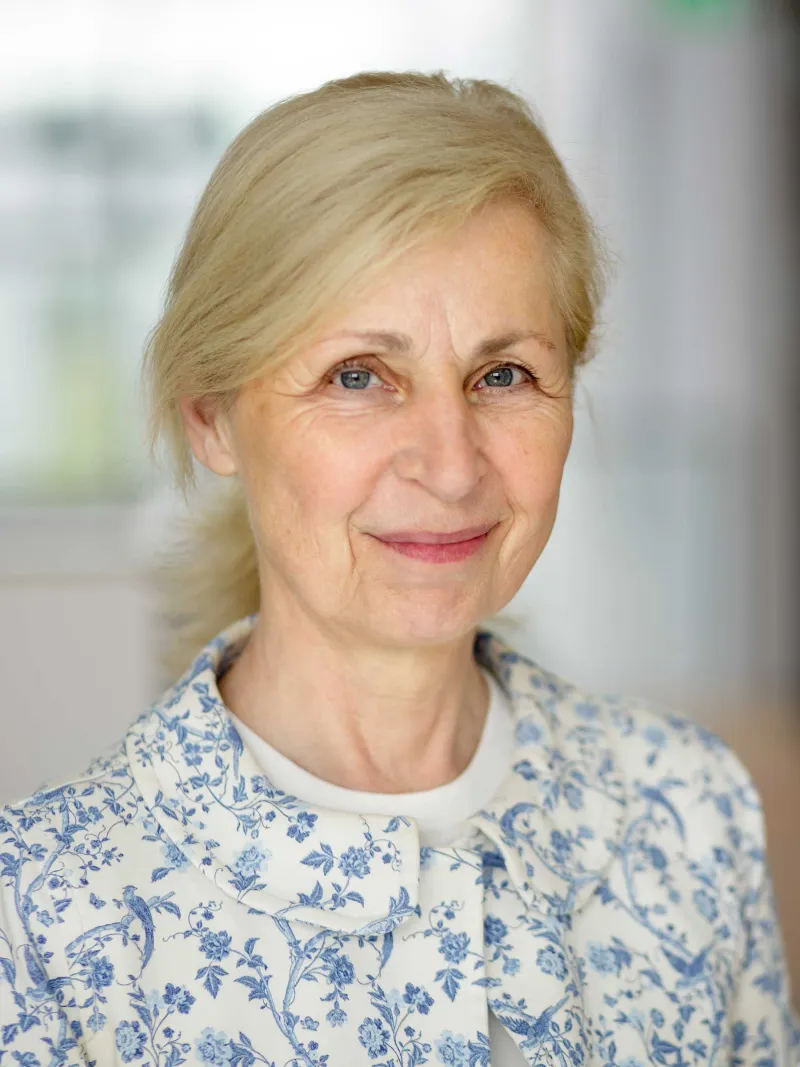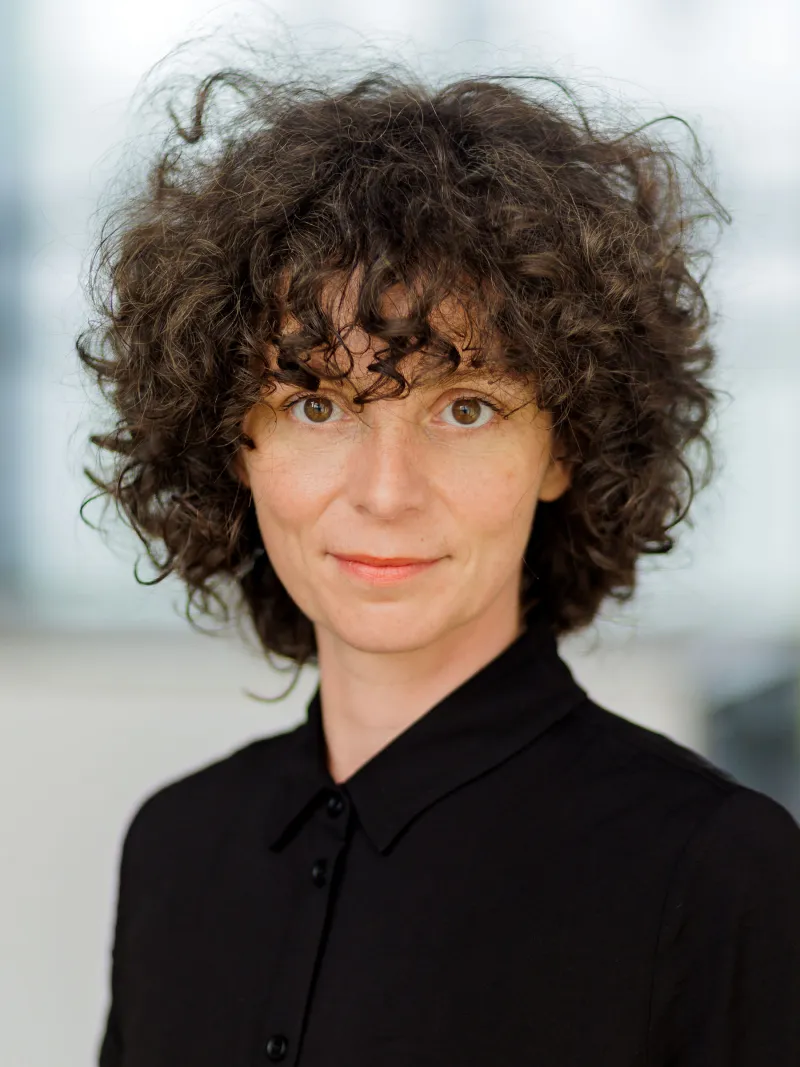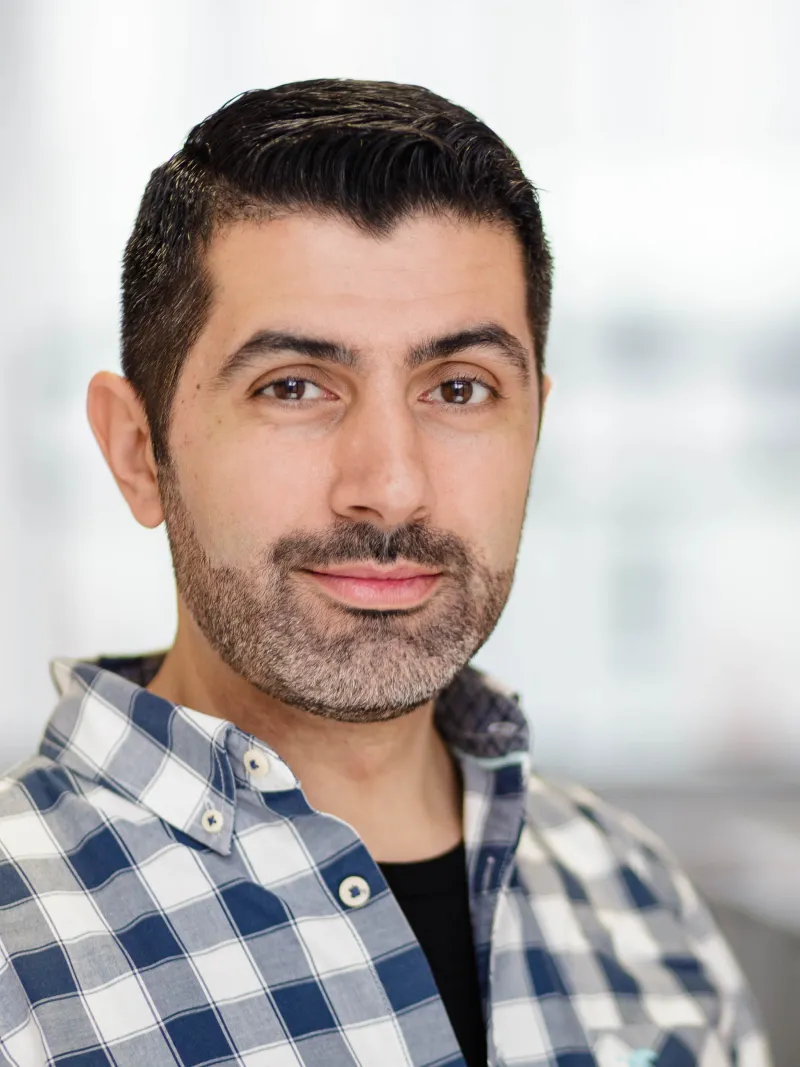News
Development of a research kindergarten at the University of Applied Sciences Potsdam
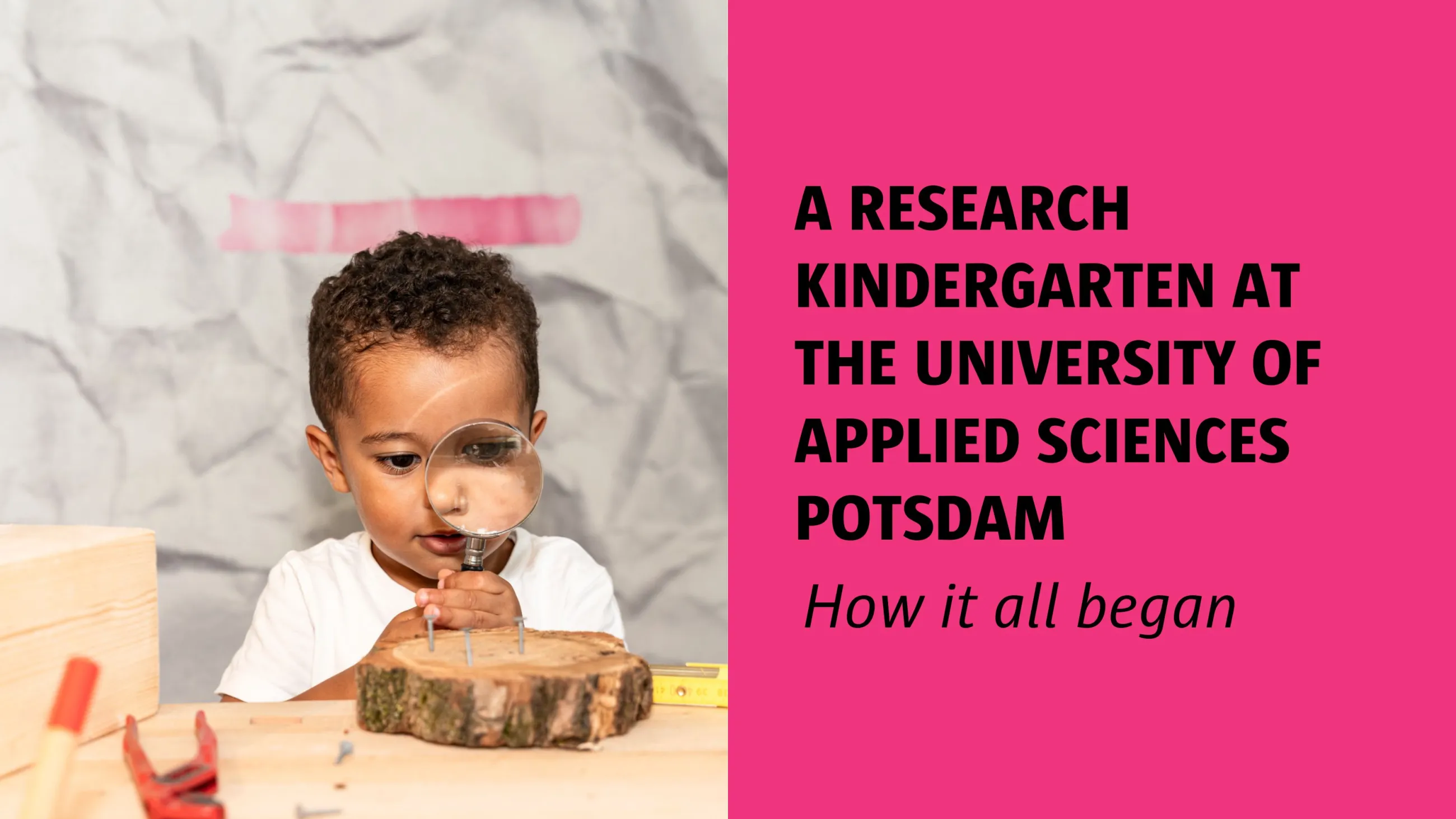
In the near future, a large new building with offices, seminar rooms and workshops will be built on the grounds of the University of Applied Sciences Potsdam. A special feature for a new university building is that a kindergarten for 30 children aged zero to six will also be set up on the ground floor. This kindergarten has been planned for some time by lecturers on the "Education and Childhood Development" degree programme in the Department of Social and Educational Sciences and is intended to be a place for children where students can learn about best practice and also carry out their own research.
What is the concept behind the research kindergarten at the University of Applied Sciences Potsdam? And what should it look like, this place for children, families, students and teaching staff? At regular intervals, we would like to report on the stages from the idea to its realisation and on the complex processes that new buildings often entail.
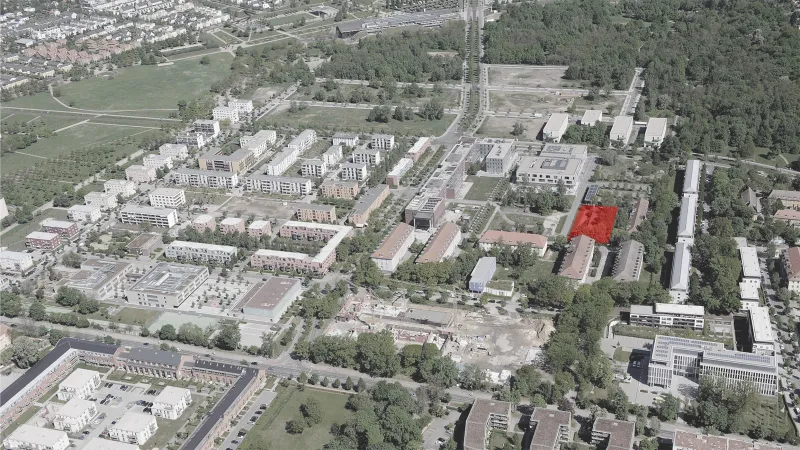
How it all began or "Once upon a time at the University of Applied Sciences Potsdam ..."
The Early Childhood Education degree programme at the University of Applied Sciences Potsdam has been training childhood educators since 2005. Regular internships in crèches, daycare centres, schools or counselling centres are central components of the programme. In order to provide students with high-quality practical experience, the idea of establishing their own kindergarten at the FHP emerged early on – as a place of learning and research at the same time.
In 2009, Prof. Dr. Christiane Ludwig-K?rner and Prof. Dr. Annette Dreier began planning – inspired by laboratory schools at American universities. In such facilities, students observe children in everyday life, try out their own projects and develop research questions. Scientists also find ideal conditions here. Children, in turn, benefit from a high level of expertise, good facilities and intensive support.
The concept was further developed within the degree programme in the following years – with the aim of defining and implementing pedagogical quality. At the same time, the university management and ministries had to be convinced of the idea.
Best practice: the pedagogical concept
"No education without attachment" is a central motto of the Early Childhood Education degree programme and this motto also applies to the research kindergarten. The kindergarten offers an excellent teacher-child ratio, an attachment-orientated and child rights-based pedagogy with a high level of child participation as well as beautiful and stimulating spaces for movement, exploration and aesthetic practice.
The research kindergarten will also be a place for families, i.e. a meeting and advice centre, in which colleagues from the parent-infant advice centre of the Department of Social and Educational Sciences and the FHP's FAMteam will be involved.
Discovering new things: Research in kindergarten
Children learn through play and research – by observing, trying things out and asking questions. In order to understand their individual learning paths, adults need to be just as curious. In childhood education, this is referred to as a "researching habitus", which students develop during the course of their studies - through attentive observations, their own questions and initial research projects.
The research kindergarten offers students the opportunity to observe children aged between zero and six in their everyday lives - for example in the group room or through one-way screens that do not interfere with children's play. In doing so, they gain insights into educational and developmental processes and actively help to shape educational work through practical placements.
At the same time, researchers at the FHP have the opportunity to carry out their own research projects. Findings from current childhood research flow directly into everyday life - and vice versa, new scientific findings are generated through joint projects.
This combination of research and practice was a key argument that convinced the Brandenburg Ministry of Science to build the kindergarten at the FHP – an unusual step, as ministries do not normally build kindergartens.
Spoiler alert: There will be a separate chapter on the planned one-way discs later on, as even the then Minister of Education of the state of Brandenburg was involved in the decision on the planned observation facilities in the kindergarten, along with many advisors from the Ministry of Education. And: For research purposes, there are a total of three rooms with one-way discs at the University of Applied Sciences Potsdam, which are used for specific research projects in which children or groups of children visit these rooms and are observed or filmed there.
To be continued...
1 The term "teacher-child ratio" refers to the staffing levels in childcare centres, usually referred to as the "staffing ratio". From a scientific point of view, a ratio of 1 specialist for 3 children is recommended for children aged 0-3 years; for children aged 3-6 years, a ratio of 1:7.5. In none of the federal states are these recommendations implemented, often the ratios are much worse and few educators have to look after many children - with negative consequences for both sides. However, the research kindergarten at the FHP will implement the recommendations and thus provide excellent facilities.
2 Cf. e.g. Nentwig-Gesemann, Iris (2022) Forschendes Lernen als Impuls für Professionalisierungsprozesse.
Experiences from a further training programme to become a "specialist for children's perspectives". In: Bohnsack, Ralf [ed.]; Bon-net, Andreas [ed.]; Hericks, Uwe [ed:] Praxeological-sociological research on professions. Perspectives from early childhood and school education, specialised didactics and social work. Bad Heilbrunn : Verlag Julius Klinkhardt 2022, pp. 389-409
 Skip to main content
Skip to main navigation
Skip to footer
Skip to main content
Skip to main navigation
Skip to footer
